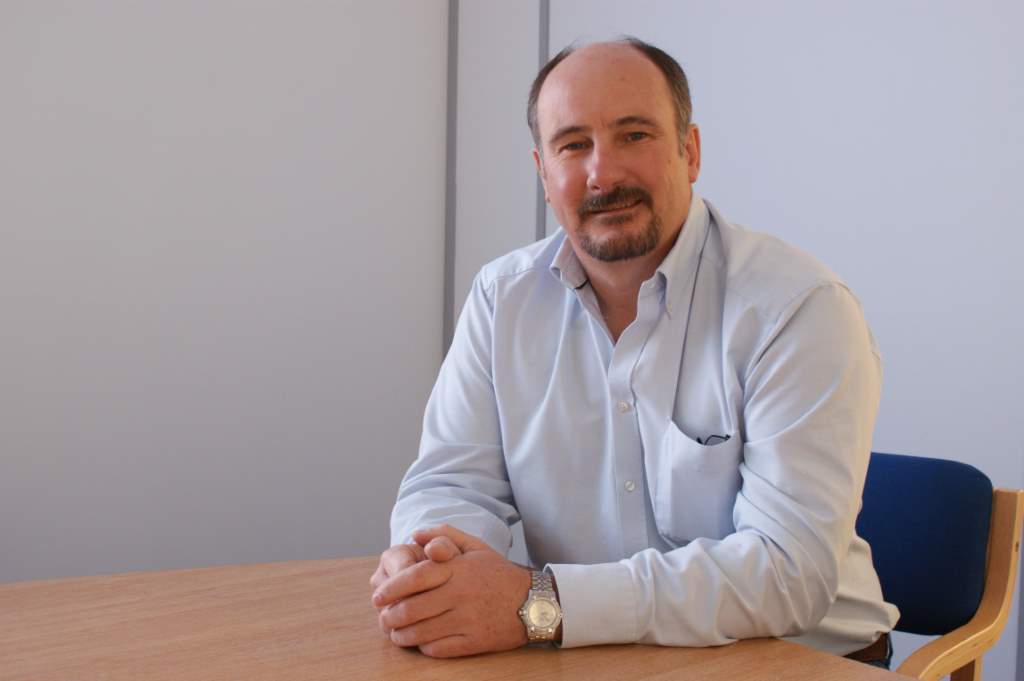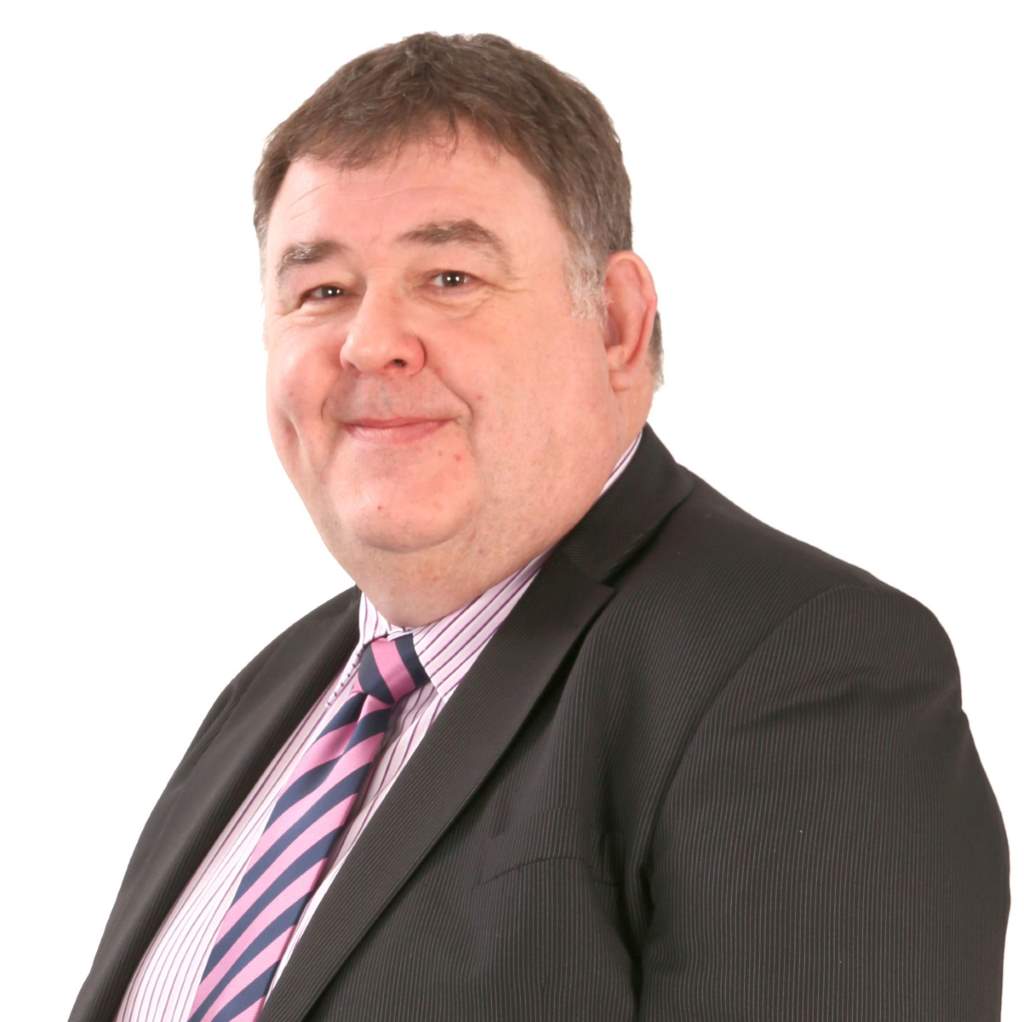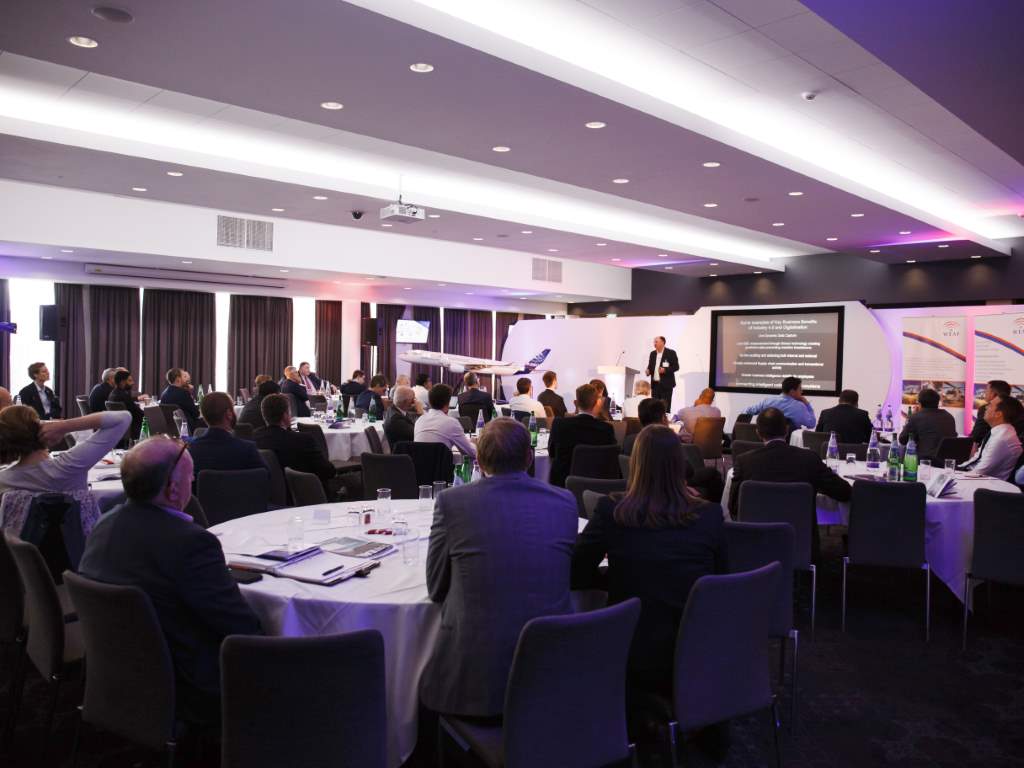A driving force for recovery
WEAF’s new chairman, Peter Marchbank, together with CEO, Colin Turner explain why they are enthusiastic about the opportunities for aerospace and advanced engineering, recovery, growth and R&D within the South West region.
Post-Covid, there is a real sense of looking to the future. West of England Aerospace Forum (WEAF) is focused on supporting its membership by promoting networking, collaboration and helping the supply chain in signposting business opportunities. We are refocusing our efforts and developing more of a collaborative network across the aerospace and advanced engineering sectors.
During the pandemic, WEAF had to re-evaluate the way it worked. Like many of the SME members we serve, the organisation has undergone a digital transformation to enhance how its remote team operated and communicated. We have implemented changes to our customer relationship and financial management and focused on digitally marketing on platforms, such as LinkedIn, as well as developing a new knowledge-based website.
WEAF has also invested in new digital tools for members which will roll out during 2022.
These tools were developed within a collaborative Innovate UK-funded project and saw the networking tools being developed with two partner associations: the Rail Forum and the North East Automotive Alliance. The digital platforms were supplied and developed by Valuechain. This digital transformation has enabled WEAF to understand where and how we can help members who wish to undertake similar journeys to lower costs and enhance productivity.
The next stage will be a focus on areas such as paperless working, sustainability with a CO2 emission assessment and social value measurement. This all adds up to a real benefit and it’s causing a real buzz within our membership.

WEAF has also invested in new digital tools for members which will roll out during 2022.
The South West is home to the biggest aerospace sector in the country.
We have all the major primes, the majority of the aerospace systems sub-tiers and in Leonardo Helicopters, an entire aircraft manufacturer. WEAF is supporting and signposting opportunities as the primes communicate and drive the production recovery.
Airbus is focused on an output target of 75 aircraft per month. This is a challenge for the supply chain. Raw material supply is a constraint – we all know how energy prices have increased. WEAF is helping the supply chain communicate to share resources and drive better inter-company communication, which can aid demand flow into areas such as surface treatment. Although we have left the EU, the Airbus ramp-up provides opportunities for UK companies to re-engage with the European supply chain and seek opportunities for new business. WEAF is working closely with the Department of International Trade to help facilitate B2B connections within key European markets.
Creating new jobs and business opportunities for the supply chain
This strength has been recognised with investment into the region by three new aerospace start-ups: Vertical Aerospace, Zero Avia and Ampiere. These companies are developing innovative solutions focused on sustainable aviation. They are creating new jobs and business opportunities for the supply chain. Again, WEAF is supporting their development plans.Alongside these companies there is amazing work being undertaken by the hydrogen and sustainable fuels development teams in Airbus Filton and GKN at its new global technology centre. These projects are underpinned by the support of the HVMC and the Connect Places catapults.
Aerospace & Advanced Engineering post pandemic
Post the pandemic, the region has seen new technology centres opened, including the UWE school of Engineering, IAAP’s Power systems testing centre, the University of Exeter Clean Mobility Centre, GKN Global Technology Centre, iAero Technology centre Yeovil, Battle Lab Defence centre in Dorset and the Photo Optics Centre in Torbay. Spaceport Cornwall also has Virgin Orbit satellite launch capability and a growing space cluster.
A greener economy
The challenge of sustainability within aviation has promoted greater collaboration between the platform-building supply chain and the operational airlines/airport infrastructure operators. WEAF has been a driving force in highlighting the need for a holistic approach to sustainability.
WEAF has recognised that there is a real merging of advanced engineering sectors taking place. The drive for zero/net zero emission mobility is breaking down barriers, as underpinning technologies such as batteries, electrical power systems and hydrogen are developed. WEAF has recently partnered with the Rail Forum to host an Aero Rail networking event which enabled the two sectors to discuss/share ideas and opportunities.
WEAF is looking to the future and developing a strategy which broadens its reach. It will continue to support its core in aerospace, but will widen its support for the advanced engineering sector across the region. This will ensure that WEAF helps companies see the bigger picture in multiple engineering sectors, helping them respond to demand signals, accessing information, enabling them to plan and grow.
As the advanced engineering sector, we’re entering an exciting period of change, a twin track of recovery and development. WEAF as an organisation has to continually evolve and is entirely focused on supporting companies across the South West and wider UK that wish to embrace the opportunities that will develop.

The South West has an extensive capability in the design, testing and manufacturing of a range of aerospace and advanced engineering systems.
Would you like to become a WEAF member?
As a WEAF member you will get full access to exclusive and valuable information, plus greater networking opportunities.
Being part of the WEAF community means becoming part of one of the largest aerospace, defence and advanced engineering clusters in Europe.
Joining WEAF will bring you exclusive and valuable benefits in all areas of this fast growing industry.

